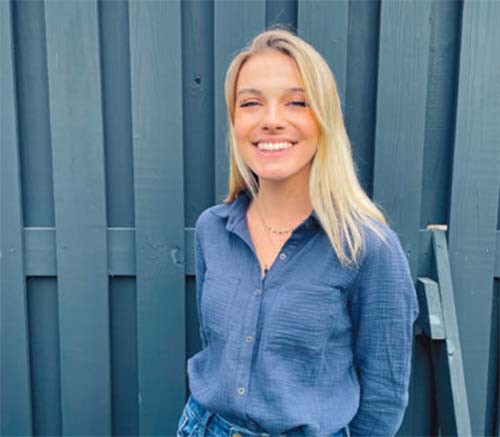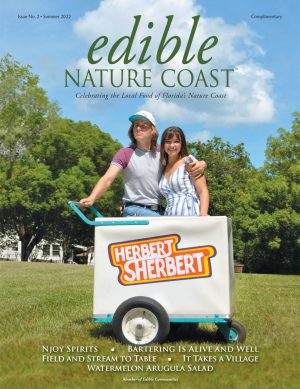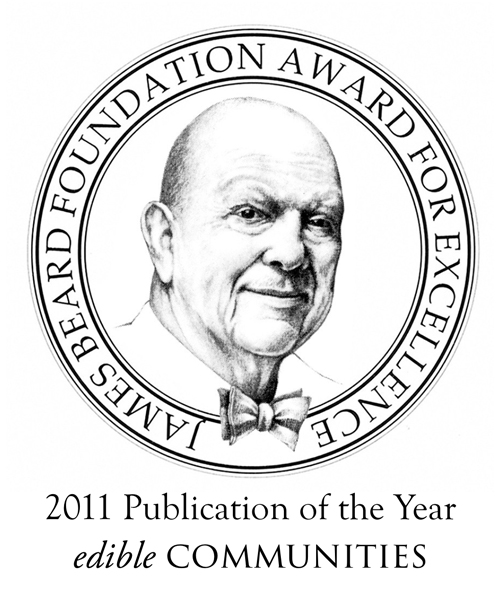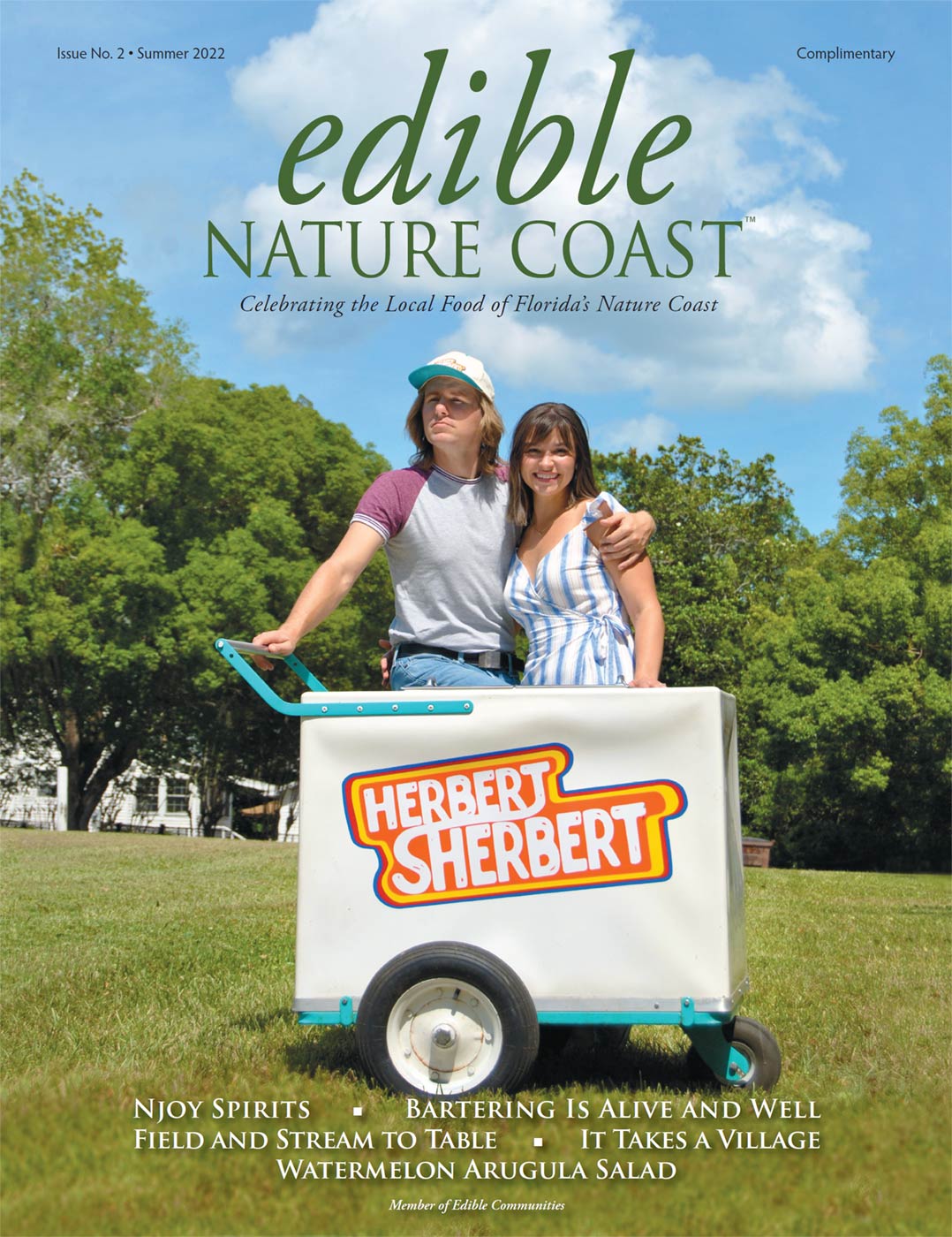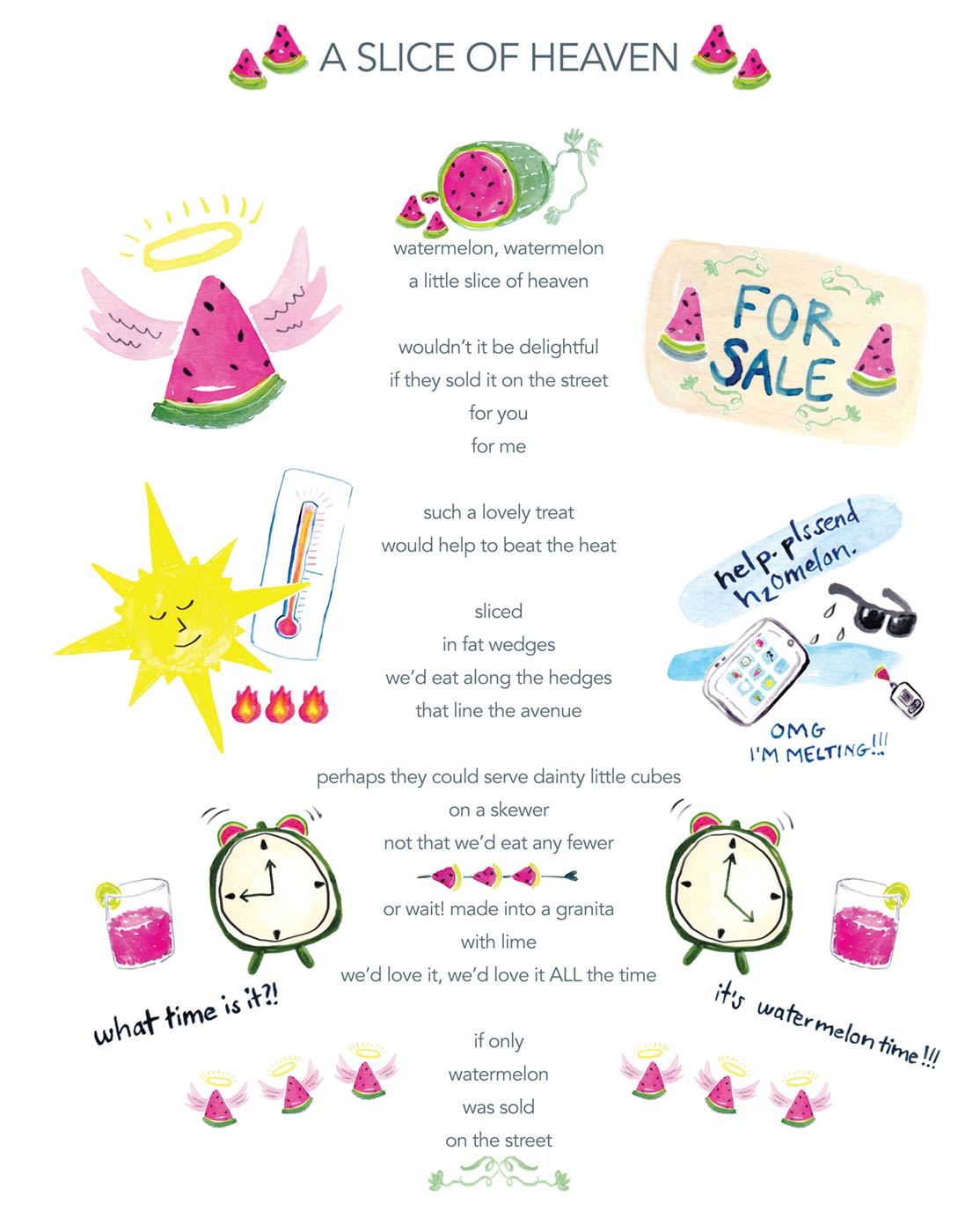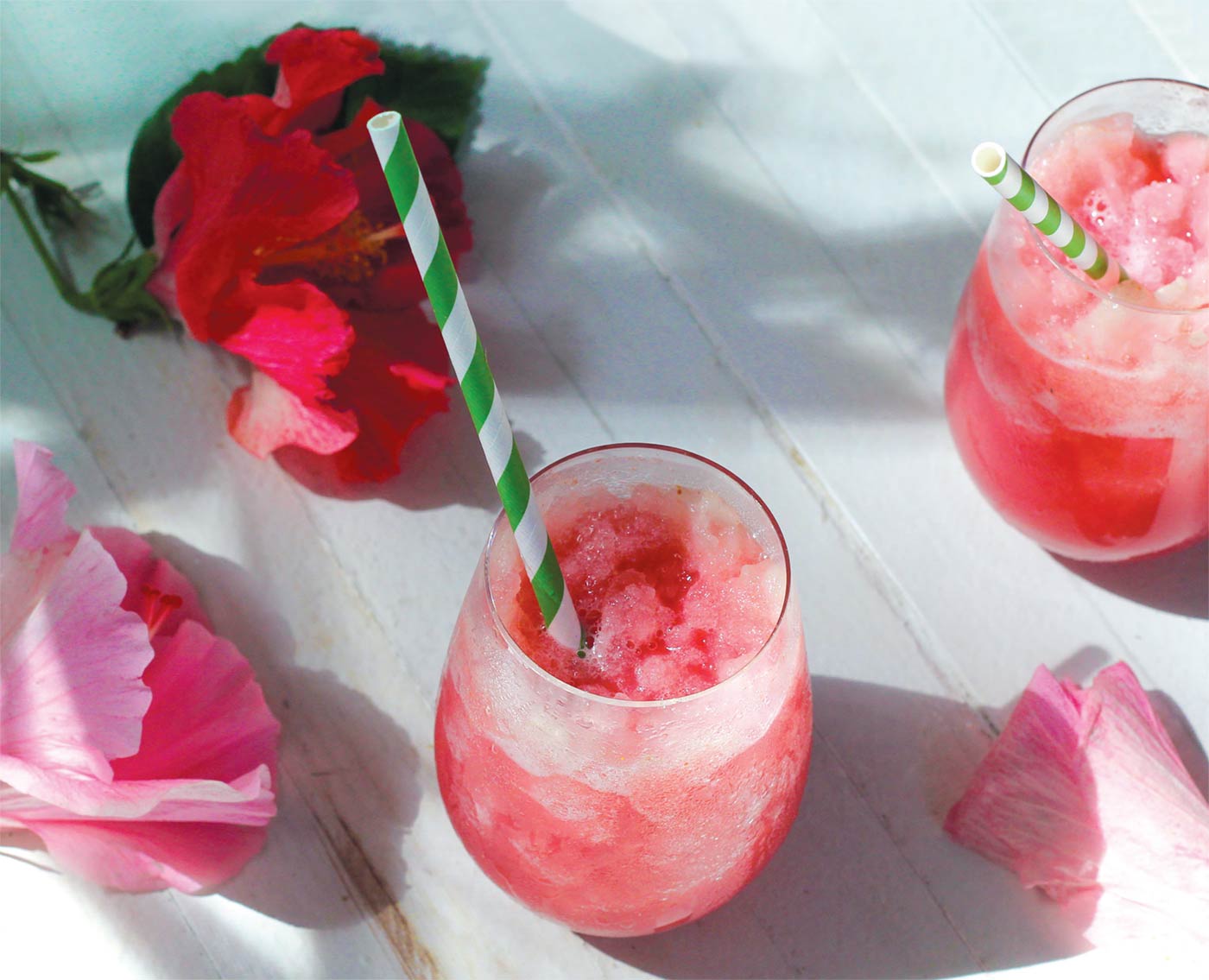A look at modern-day bartering among southern farms, businesses, and everyday folks
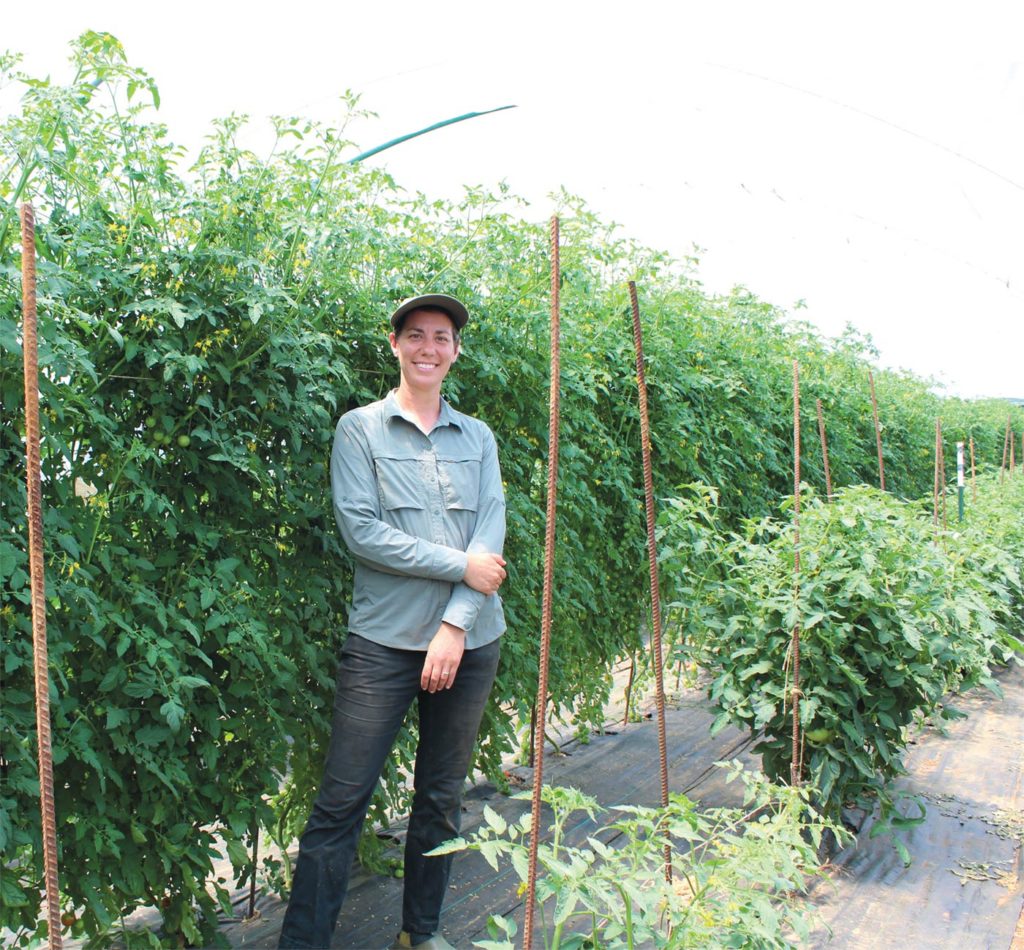
People were hungry long before grocery stores, or the concept of money, for that matter, existed. Our ancestors lived communally, sharing their harvest, tools, and trades to meet the needs of their own families and the community at large.
Today, amidst a society that seemingly revolves around the almighty dollar, the idea of paying for a root canal with carrots or yard work with sausage may seem ridiculous. If you ask the right people, however, that’s just a day in the life of a North Florida farmer.
Katie Harris is a co-owner of Full Earth Farm in Quincy, a founding member of the Red Hills Small Farm Alliance, and an agricultural gal with a penchant for educating the masses on the value of eating and growing local produce. She is also an avid barterer.
“We don’t have chickens, for example, so we have traded in the past with farms that do,” Harris said. “We had a neighbor at the farmers market who had goat cheese, and we would trade every week with them.”
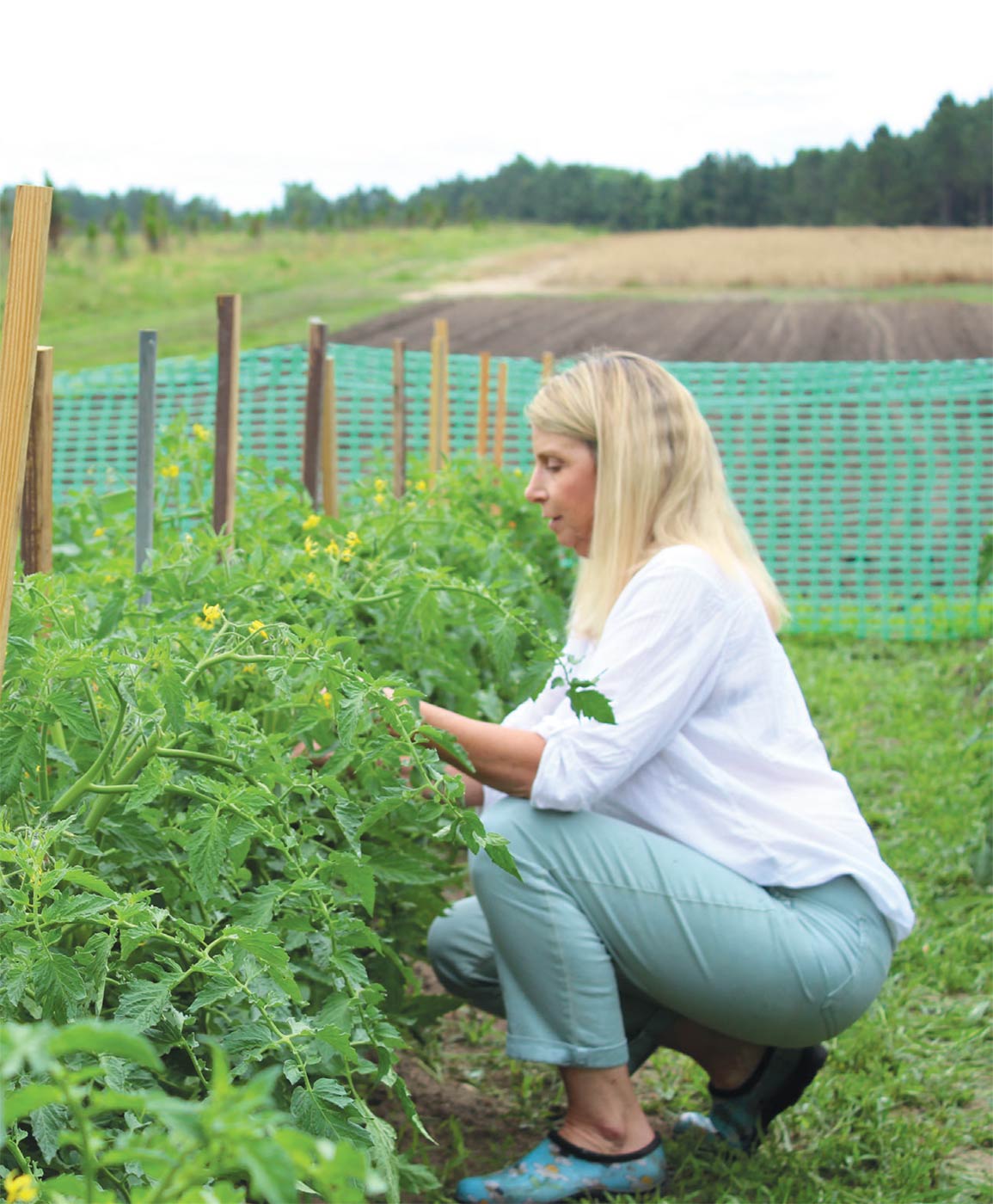
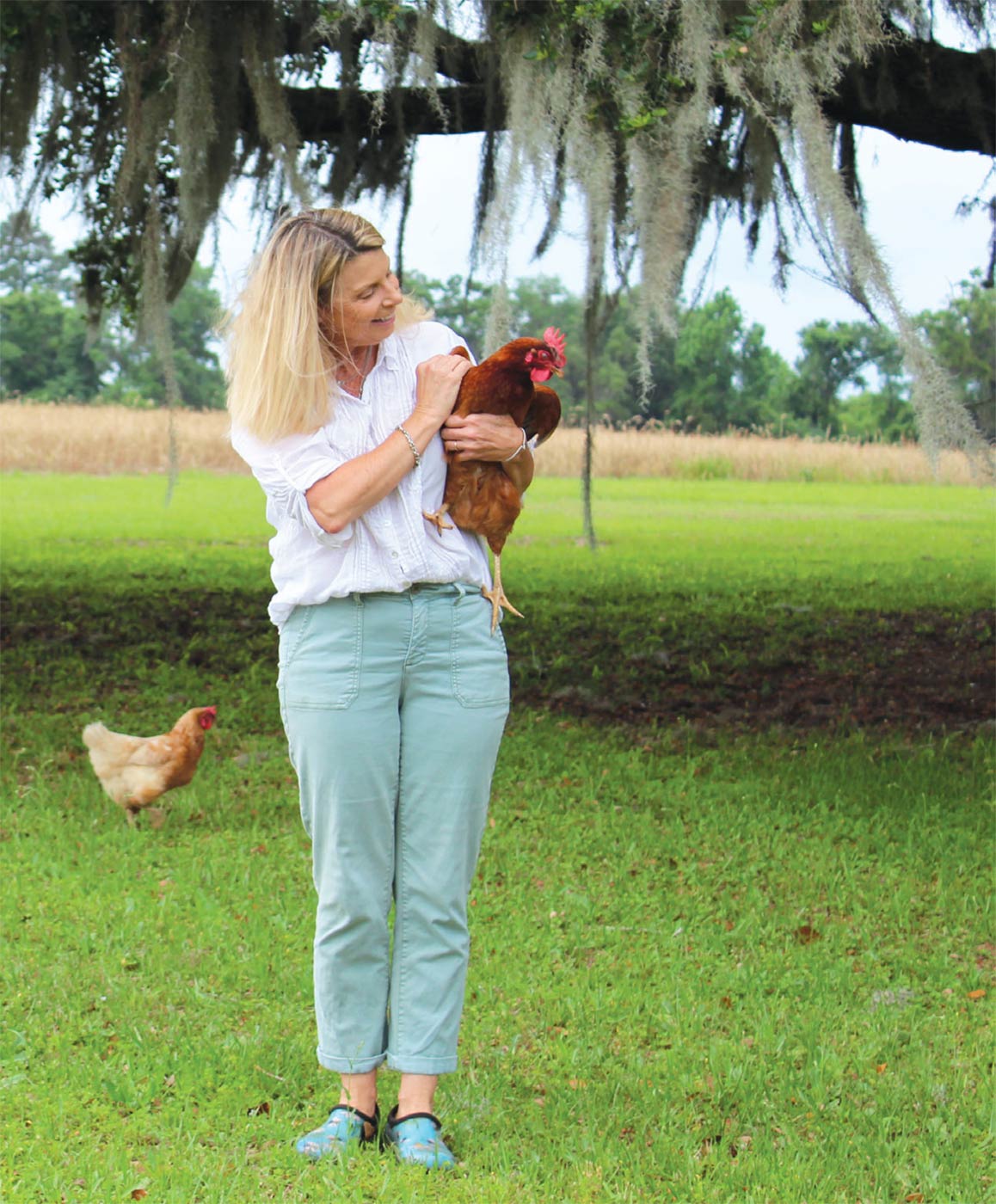
A CHILD OF BARTERERS
These kinds of exchanges marked my own childhood, as they do for most of the southerners I know. Though my mom, Georgia Cantey, worked in the software industry, her green thumb could rival any farmer’s. Every spring, she would spend countless hours pulling weeds, winding vines, and pulling fat, green hornworms out of the squash. Her pride and joy, though, were her tomatoes.
Even as our kitchen countertops changed from wood, to linoleum, to granite over the years, I cannot remember a single summer when there wasn’t a pile of Better Boys or Beefsteaks a foot high and four feet wide next to the stove. Whichever ripered fruits weren’t put up in the freezer or sliced for bacon tomato sandwiches, she would cart off to my grandparents’ house or to my aunt and uncle down the street. Then back she would come with a bounty of sweet corn or freshly mixed sausage.
It seemed natural to me, sharing the fruits of the season, but the more outlandish bartering stories I heard (but never saw) always seemed more fact than fiction. If nothing else, I thought them to be a relic of a bygone time. My stepdad, for instance, once told me his father exchanged two steers for his daughter’s braces. That could never happen now… right?
As it turns out, I was dead wrong.
Bartering requires quality goods and services, yes, but it also relies on a system of trust and mutual respect.
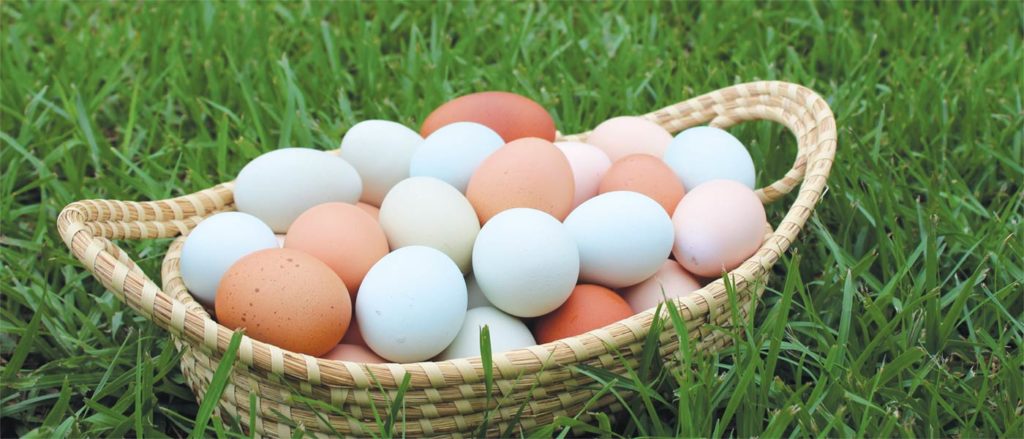
EVEN WITH THE DENTIST
“We have had an ongoing monthly vegetable trade with two different massage therapists for years, and that has been a really cool relationship,” Harris continued. “So, we started bartering with neighbors, friends, even my dentist. That’s the most exciting one. It was her idea. I try not to be pushy about it, you know? I can pay money, but she is all about it. I got a filling, for instance, and paid the bill in produce from the farm.”
Harris is not alone. Lorri Kelly is the owner of Hurricane Creek Farms in Havana where she has been breeding American Guinea Hogs since 2013. This heritage breed nearly went extinct around the turn of the century, and the best way to convince people these hogs were worth saving, Kelly reasoned, was to show them how good the meat was.
“Once I found an outlet where I could sell by pound, I got involved with the Red Hills Online Market, Tallahassee Farmers Market and started selling to restaurants,” Kelly said. “I met so many farmers through those markets, and we started to say, ‘Hey, I have something, you have something, let’s just barter.’ I think farmers have a diff erent mentality. Th ey aren’t embarrassed to ask.”
Once Kelly started, she couldn’t stop. Over the years, she has traded meat and livestock for vegetables, milk, bullets, pig feed and work around the farm. Whenever the farmer down the road needs his pigs fi xed, he calls his “castration queen” (her words, not mine) and pays Kelly in chicken.
Both Harris and Kelly are passionate about the community aspect of trading and bartering. Bartering requires quality goods and services, yes, but it also relies on a system of trust and mutual respect.
“In some ways, building that relationship feels more valuable than money,” Harris said. “We are careful with who we barter with because we want to make sure it’s a mutual benefi t. We barter with you because we really value what you do and you really value what we do. It’s got a much more social aspect than it is about money.”
Still, this is the 21st century, inflation is high and there are certain things only money can buy. If bartering is good for the community, is it good for your wallet?
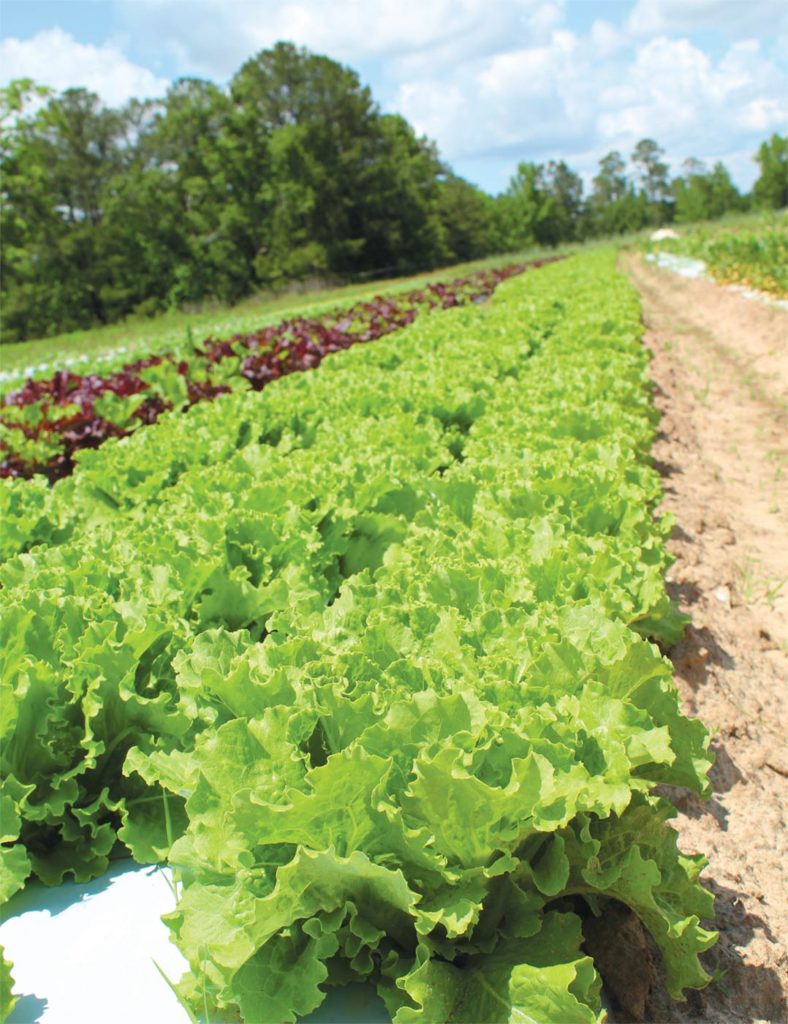
IS IT GOOD FOR YOUR WALLET?
“Oh, heavens, yeah!” Kelly said. “If I am selling a piece of meat for $12 or $13 a pound, well then, they are giving me the equivalent market cost of their milk, but trust me, it does not cost them $12 to milk a cow…. I just wish more people were aware of it, and maybe they will be as things become more expensive. I do it as much as I can. You know, it’s cash on hand, but it’s frozen.”
Back in May of 2020, the Washington Post heralded the return of bartering amidst the pandemic. As grocery store shelves emptied out, more and more urban Americans took to Facebook groups to trade goods like dish soap for toilet paper or fresh bread for avocados. It’s a common response during an economic downturn. Bartering was hugely popular during the Great Depression.
Modern bartering, as it turns out, is not restricted to farmers and families. Mary Rutten, a hobby farmer from Gadsden County, started the Facebook page, “Eat Local: Barter..Sell..Want to Buy – North Florida” back in 2012 in the hopes of growing interest in bartering around the area.
“I started the page because of my love of bartering,” Rutten said. “Th e more I learned about the resources available all around us, the more I had a desire to share it.”
Since then, the page has drawn interest far beyond Gadsden County, with members from South Georgia down to Ocala. Over in Oyster Bay, Deborah Keller is a conservationist-turned businesswoman who operates under the moniker “OysterMom.”
While her business of farming, processing, and catering oysters operates mostly in dollars and cents, even she has found little ways of saving dough through bartering.
“The only bartering that I do is for space,” Keller said. “Some very dear friends of mine had a lot of empty space in a warehouse, and they allow me to use that space for processing, and I pretty much pay them in oysters. Th ey love it.”
“Anybody can get into bartering,” Harris said. “You can make bracelets and trade them – whatever you’re good at. All you have to do is ask, the worst somebody can do is say no.”


